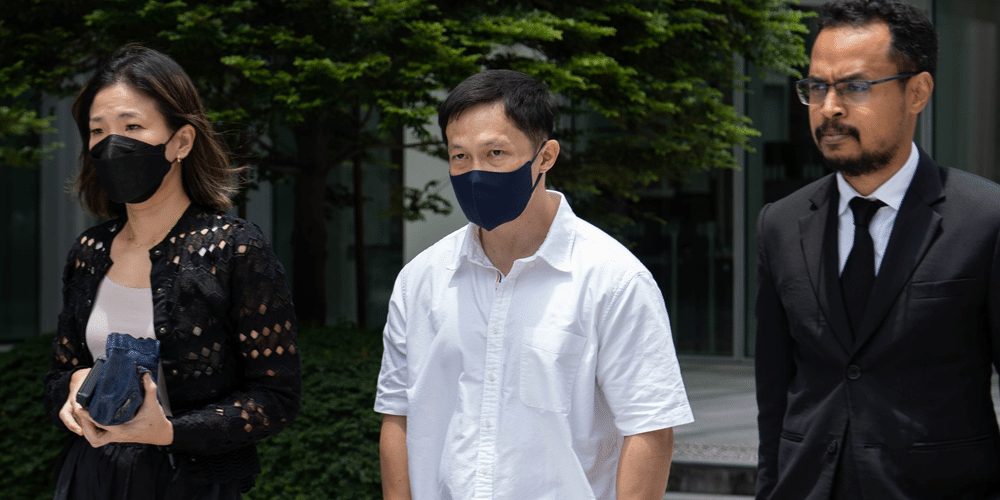Facebook post by Associate Professor Jamus Lim, Member of Parliament for Seng Kang GRC
This week’s house visits brought #TeamSengkang to 355A, where we had so many long, sobering conversations that we only made our way through a third of the block (in our defense, it was also a pretty dense block, with 10 units per floor). With so many Singaporeans returning to the workplace, many conversations revolved around the labor market, and in particular, the place of foreign talent relative to our domestic workforce. Two stories—from two ends of the jobs ladder—left an impression on me.
One resident shared his thoughts about the new ONEPass scheme. He just returned after a long stint in China, and had a difficult time securing a job here, despite his extensive experience and solid skill set. He expressed his concern that ONEPass—despite its high qualification bar—would ultimately end up exacerbating the difficulties locals faced in advancing to the upper tiers of the corporate hierarchy, thereby relegating them to being trapped in middle management. This fear was further corroborated by his impression that many foreign nationals working here tended to favor their own countrymen, further alienating Singaporeans when they seek at job at home.
Another resident spoke about how Singaporeans enjoyed few privileges in the local job market. He said that it was especially tough for those who were competing against foreigners willing to work for less, since the opportunity to earn Singapore dollars—which would translate into much more in terms of purchasing power in their home currencies—more than made up for a comparatively lower salary. Without any special dispensation, many would turn to alternatives like private hire driving. For him, this is an unbelievable state of affairs; in other countries, it is the migrants that drove the Ubers and Grabs, but it seems to be the other way round here.
Importantly, unlike nativist sentiments that are now commonplace in many countries, these Singaporeans were not instinctively anti-foreigner. Rather, it was the gnawing sense of feeling like Singaporeans are disadvantaged in their own country. As someone who has felt that sense of discrimination as I competed with others as a expat abroad, it breaks my heart to hear that there are many workers that feel the same way, right at home.








